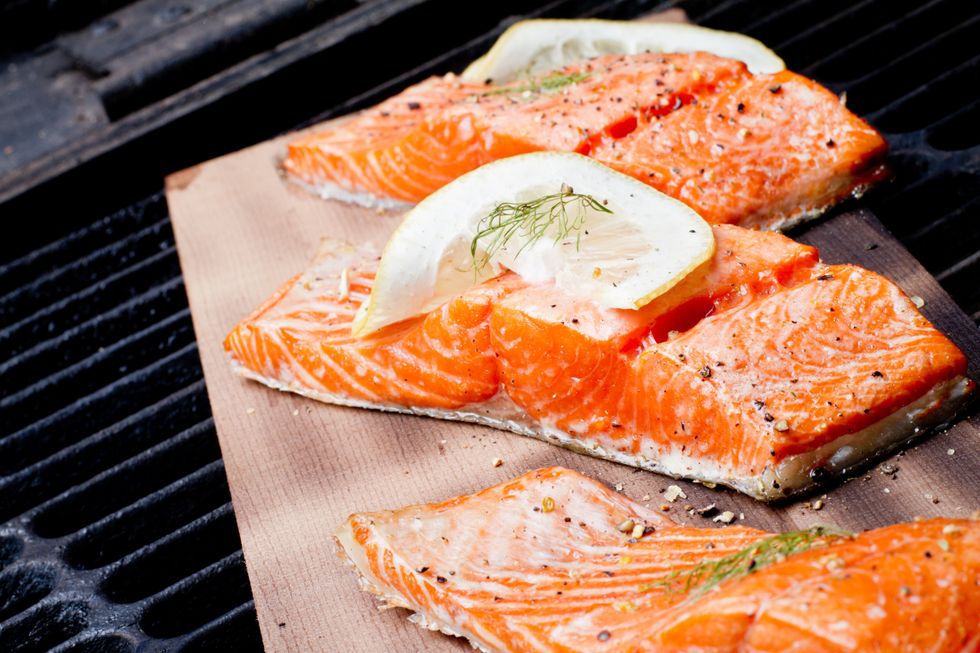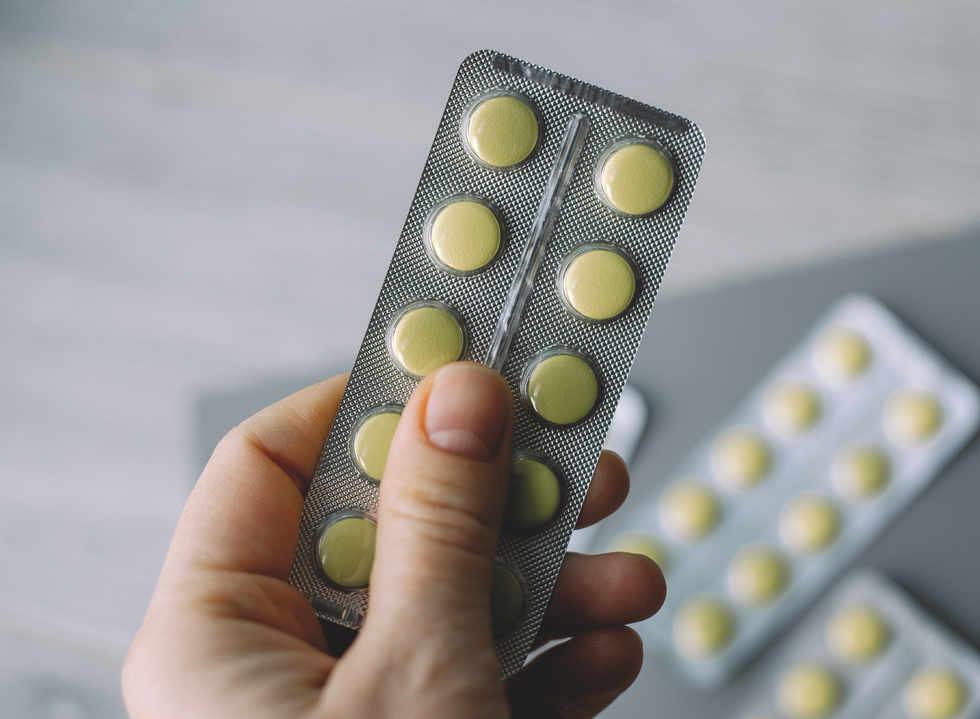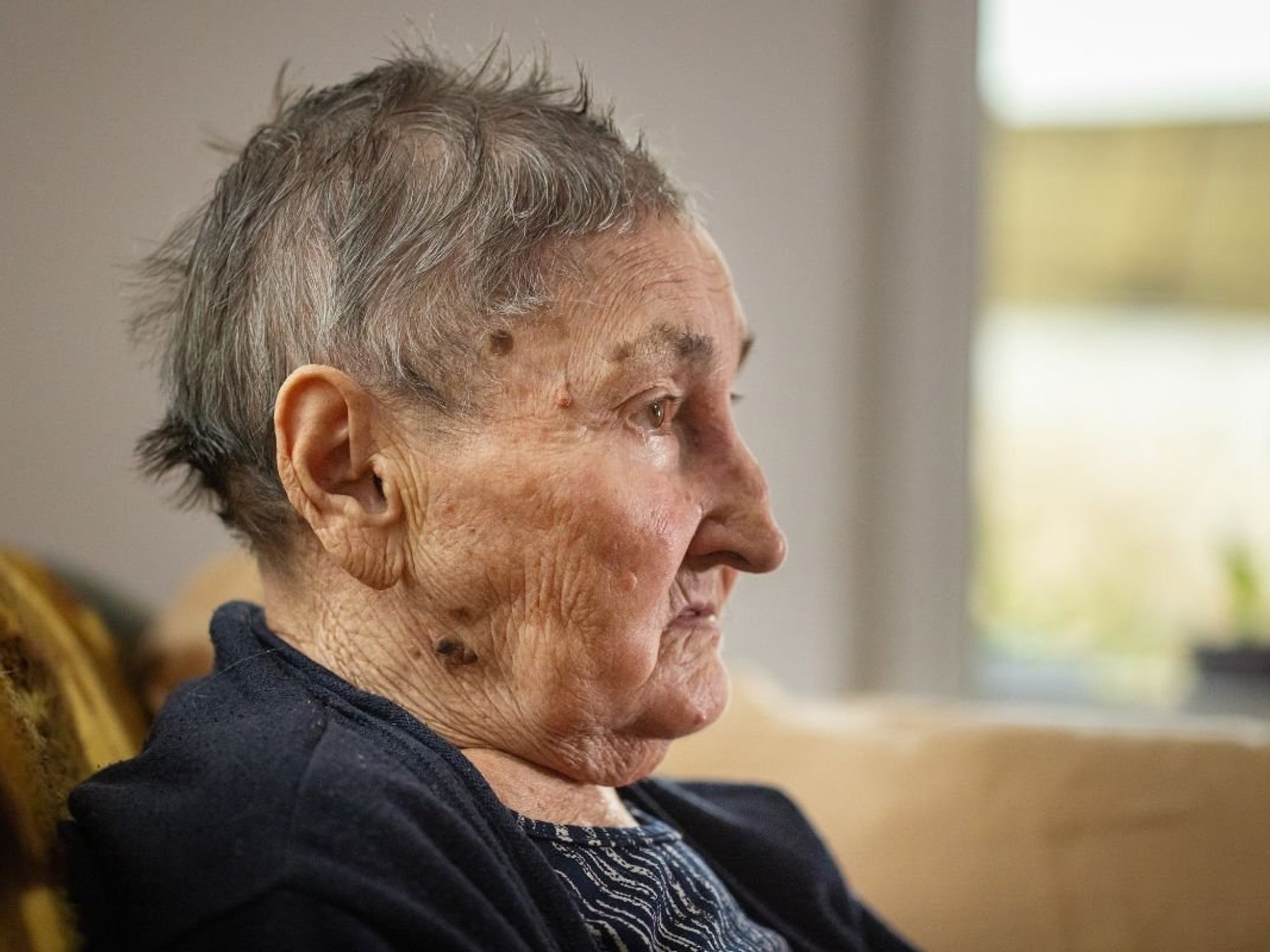Hay fever treatment: Doctor reveals four 'wonder' foods that can help ease your symptoms

Omega-3 foods have anti-inflammatory properties that can 'calm your hay fever woes, pharmacist says
|Getty Images

All have anti-inflammatory properties that can "calm your hay fever woes", claims one doctor
Don't Miss
Most Read
Latest
Hay fever season is only getting started and many Britons are already feeling the effects.
Antihistamines and nasal sprays can take the edge off but if you feel like nothing is working, overhauling your diet may help.
According to Doctor Ann Nainan of The Travelling Doc, foods rich in omega-3 fatty acids are "little wonders" as they have anti-inflammatory properties that may help "calm your hay fever woes".
She recommends upping your intake of fatty fish like salmon and trout, as well as nuts and seeds.

Research suggests that Omega-3 fatty acids can help alleviate allergy symptoms by supporting the immune system
| Getty ImagesHow does omega-3 help?
Research suggests that omega-3 fatty acids can help alleviate allergy symptoms by reducing inflammation and supporting the immune system.
Hay fever is an allergic reaction to your immune system that causes inflammation in the lining of the nose and makes your nose more sensitive to irritants in the air.
Omega-3 fatty acids have been shown to dampen down the production of pro-inflammatory molecules, such as cytokines.
Omega-3 fatty acids also promote the production of anti-inflammatory molecules, such as resolvins and protectins.
These molecules actively work to resolve inflammation, further contributing to the alleviation of allergy symptoms.
If you're looking for a more immediate fix to hay fever, your best bet is to try tablets, nasal sprays or eye drops.
For complete relief, experts say to use eye and nasal sprays alongside tablets.
Anti-allergy medicine, known as antihistamines, is often seen by experts as the most popular form of treatment for hay fever.
Carolina Goncalves, superintendent pharmacist at Pharmica, said: “Fexofenadine can help treat a runny nose, sneezing, itchy and watery eyes, or an itchy nose or throat. It is a non-drowsy antihistamine that works by blocking histamine (a substance in the body that causes allergic symptoms)."
LATEST DEVELOPMENTS

Fexofenadine can help treat a runny nose, sneezing, itchy and watery eyes, pharmacist says
|Getty Images
“Other antihistamines worth considering that have a similar effect include Cetirizine and Loratadine.”
Nasal sprays are another form of treatment that will help alleviate runny noses and sneezing.
“Corticosteroid nasal sprays can help reduce nasal inflammation and clear up the nasal passages, preventing sneezing and a runny nose,” Ms Goncalves said
“Individuals looking for a non-corticosteroid option to treat blocked noses may also wish to consider saline nasal sprays to help increase the moisture content within the nasal cavity, thinning out the mucus and making it easier to expel.”
Goncalves recommends considering eye drops containing sodium cromoglicate as an effective treatment. This ingredient is known to prevent mast cells in the eyes from releasing histamine and other substances that trigger allergies.










